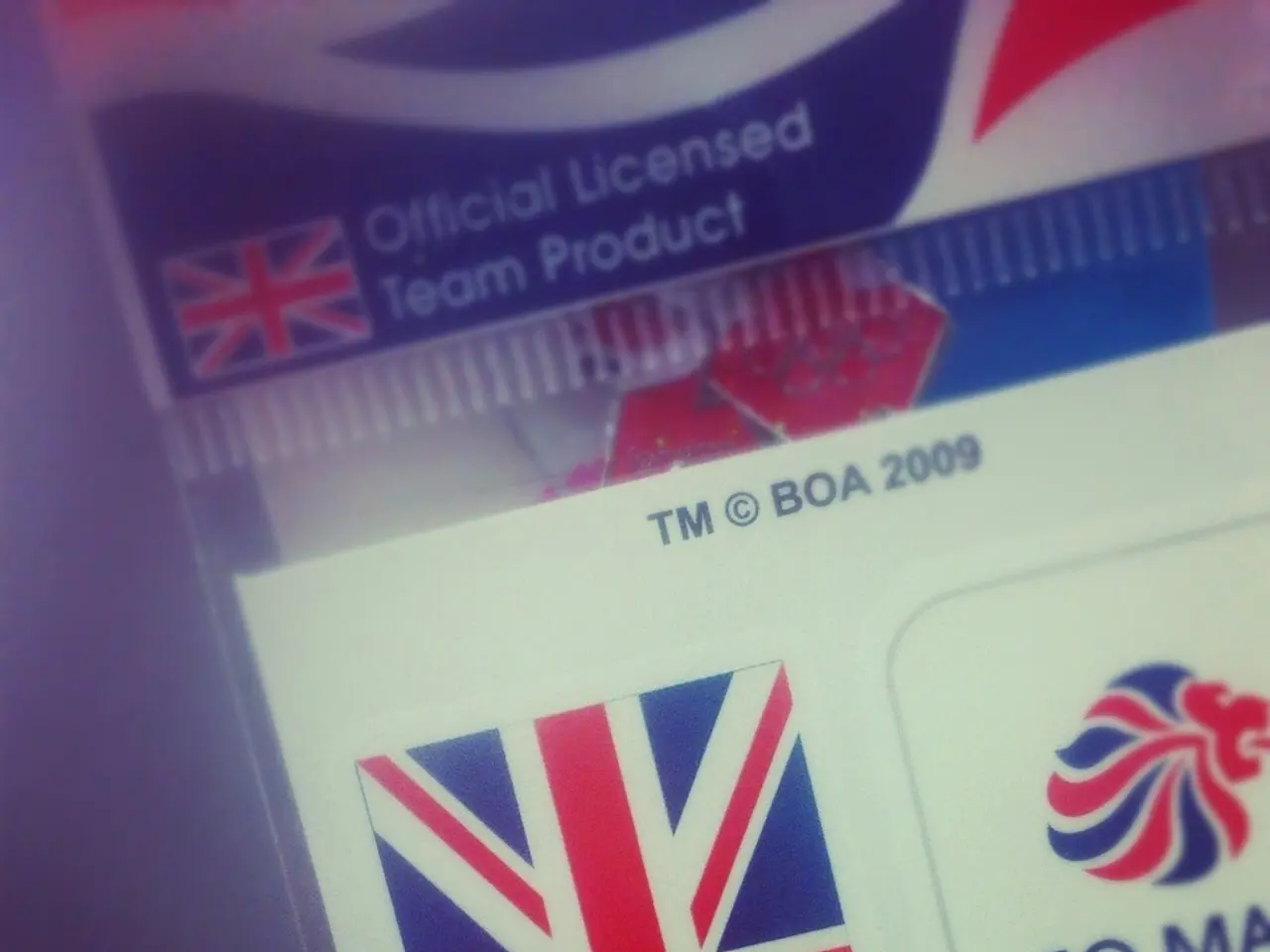Misunderstood Facts Surrounding Laryngitis and Scientific Insights
Laryngopharyngeal reflux (LPR) and Gastro-oesophageal reflux disease (GORD), also known as Gastroesophageal Reflux Disease (GERD) in some regions, are two distinct conditions that affect different parts of the digestive tract and have unique symptom profiles and complications.
GORD, a common condition, is characterised by frequent regurgitation of stomach acid into the esophagus, causing symptoms such as heartburn and acid regurgitation. It primarily affects the esophagus and can lead to complications like esophagitis, strictures, Barrett’s esophagus, and increased cancer risk if left untreated.
On the other hand, LPR, often referred to as "silent reflux," occurs when stomach acid rises into the upper esophagus, throat, and voice box. Unlike GORD, it often does not produce the typical burning sensation of heartburn. LPR can cause symptoms such as hoarseness, persistent feeling of a lump in the throat, chronic cough, frequent throat clearing, post nasal drip, and worsening of asthma. If left untreated, it can lead to serious laryngeal pathologies, including laryngotracheal stenosis, granulomas, vocal cord swelling, and even laryngeal cancer.
The key difference between the two lies in symptom location and type. GORD is esophageal-centric with heartburn, while LPR is laryngeal/pharyngeal, often without heartburn. While they can coexist, their presentation, complications, and affected anatomy differ significantly.
Diagnosing throat reflux relies on a combination of clinical approaches, including medical history, physical examination, laryngoscopy, and 24-hour pH monitoring, with the current gold standard being 24-hour pH monitoring. It's important to recognise the differences between GORD and LPR and seek early medical advice to prevent complications and improve quality of life.
Treatment for both conditions typically begins with lifestyle changes, such as weight loss and dietary modifications, and medications like proton pump inhibitors. In some cases, surgery may be necessary, with one well-established surgical procedure for throat reflux being Nissen fundoplication, which involves wrapping the upper stomach around the lower esophagus to limit acid reflux.
In conclusion, while both GORD and LPR are forms of reflux, they affect different parts of the digestive tract and have distinct symptom profiles and complications. It's crucial to understand these differences to ensure proper diagnosis and effective treatment.
- Health and wellness blogs often discuss the differences between laryngopharyngeal reflux (LPR) and gastro-oesophageal reflux disease (GORD).
- Some chronic diseases, like GORD, are characterized by the frequent regurgitation of stomach acid into the esophagus.
- Understanding the unique symptoms and complications of LPR and GORD is crucial for effective medical-condition management.
- Mental-health forums may provide anecdotal advice on coping with silent reflux, also known as LPR.
- Science textbooks may classify GORD as one of the common respiratory-conditions related to the digestive system.
- LPR can cause symptoms in the ear, such as tinnitus or diminished hearing, due to its effect on the throat.
- Eye-health websites might not cover LPR extensively, but they may provide tips on managing dry eyes caused by acid reflux.
- In the industry, the term 'GERD' and 'GORD' are interchangeably used to refer to a common digestive issue.
- CBD products claims to aid in digestion and reduce symptoms of GORD, according to some fashion-and-beauty blogs.
- Financial advisors may recommend investing in companies that offer medications for weight loss and chronic diseases like GORD.
- Space-and-astronomy enthusiasts might not be directly impacted by GORD or LPR, but their hobby can provide a much-needed distraction from these conditions.
- Cybersecurity experts might share resources on protecting sensitive health-related data, which often includes information about persons diagnosed with LPR or GORD.
- A lifestyle blog might suggest incorporating skin-care routines to soothe symptoms associated with LPR, such as redness and irritation around the throat.
- Artificial-intelligence can help medical professionals better diagnose LPR and GORD based on symptoms and medical history.
- Relationships between individuals with LPR or GORD may face challenges due to the condition's impact on sleep quality and daytime functioning.
- Pets can sometimes develop symptoms similar to LPR, requiring veterinary attention in pet-care forums.
- Recently, travel agencies have begun offering tours specifically designed for individuals with GORD, with a focus on dietary accommodations and comfortable accommodations.
- Car dealerships may offer financing options for those needing modified vehicles due to mobility issues resulting from LPR or GORD complications.
- Books catering to personal-growth seek to encourage self-reflection on how one's habits and lifestyle may contribute to their GORD or LPR symptoms.
- Education-and-self-development websites might provide online courses on understanding the intricacies of GORD and LPR, aiding in personal growth and health management.
- Shopping venues offering specialized gadgets for people with LPR or GORD, such as anti-reflux pillows and clothing, have become popular.
- Social-media platforms are rife with misinformation about LPR and GORD, making it essential to seek reliable sources for accurate information.
- Movies-and-tv shows mayportray characters struggling with LPR or GORD, highlighting its impact on their daily lives and relationships.
- Career-development workshops might include sessions on balancing work and personal needs for individuals with LPR or GORD.
- Casinos and gambling establishments may provide accommodations for visitors with mobility issues related to their LPR or GORD condition.
- Entertainment articles may discuss celebrities' battles with LPR or GORD, shedding light on its prevalence in the public eye.
- Pop-culture debates might center around the representation of LPR or GORD in media, including whether such depictions are accurate and sensitive.
- Sci-fi-and-fantasy novels may incorporate elements of LPR or GORD as plot devices or character traits.
- General-news channels might report on the latest scientific breakthroughs related to LPR or GORD, as well as public health campaigns to increase awareness.
- Crime-and-justice shows might feature plots involving LPR or GORD as aggravating factors for characters, such as impeding their ability to speak or causing distrust among law enforcement.




